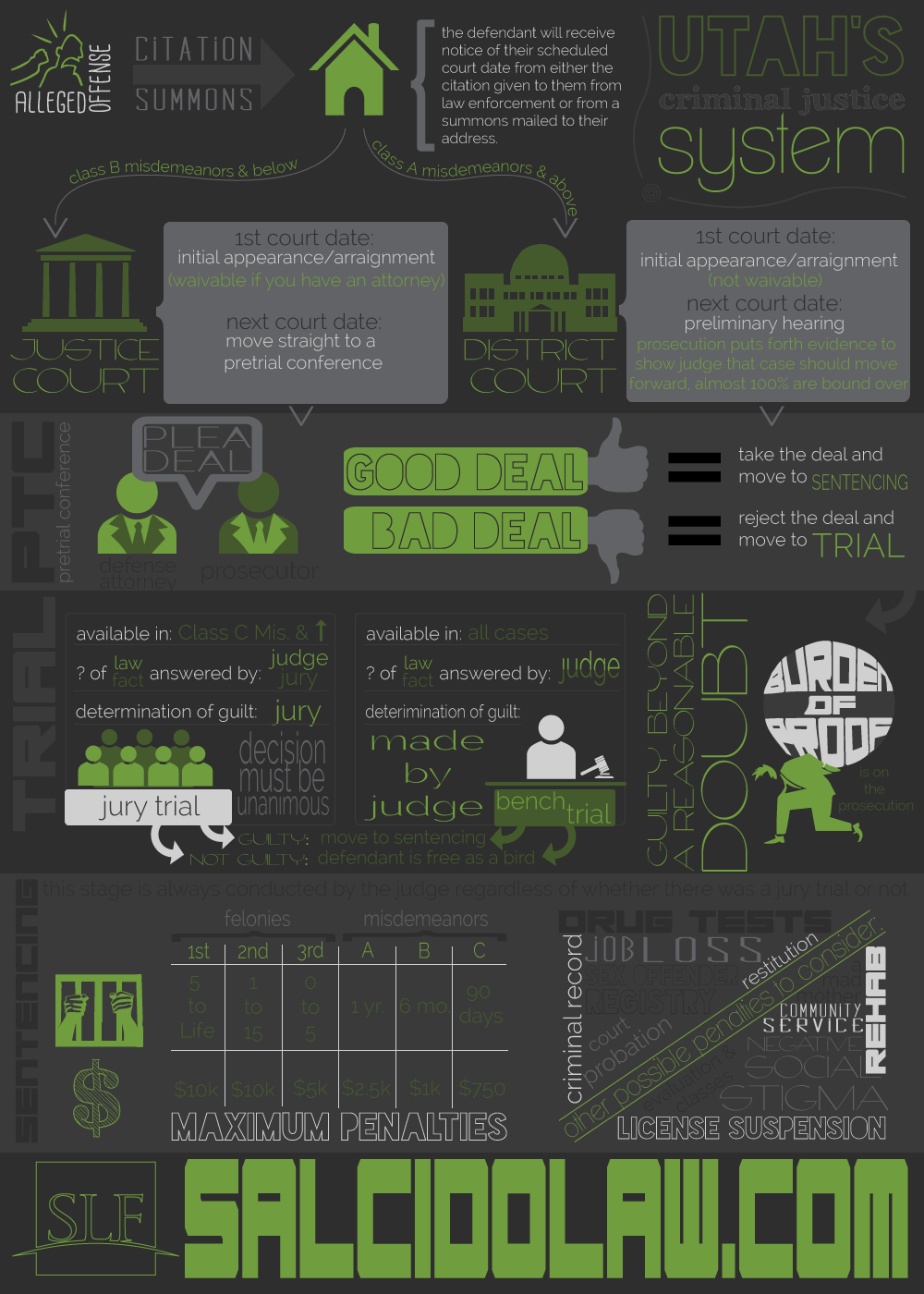Typical Misconceptions Concerning Criminal Protection: Debunking Misconceptions
Typical Misconceptions Concerning Criminal Protection: Debunking Misconceptions
Blog Article
Created By-Sanders Beebe
You've most likely heard the myth that if you're charged with a criminal offense, you must be guilty, or that remaining quiet ways you're hiding something. These widespread ideas not just misshape public assumption yet can likewise influence the outcomes of legal proceedings. It's crucial to peel back the layers of misunderstanding to comprehend real nature of criminal protection and the rights it protects. What happens if you understood that these misconceptions could be taking down the very foundations of justice? Sign up with the discussion and explore just how debunking these myths is vital for guaranteeing fairness in our legal system.
Misconception: All Accuseds Are Guilty
Typically, people mistakenly believe that if a person is charged with a criminal activity, they have to be guilty. You might presume that the lawful system is foolproof, yet that's much from the reality. Charges can stem from misconceptions, mistaken identities, or not enough evidence. It's vital to remember that in the eyes of the law, you're innocent till proven guilty.
This assumption of innocence is the bedrock of the criminal justice system. Criminal Defense Lawyer Baton Rouge, LA ensures that the burden of proof lies with the prosecution, not you. They need to develop past a practical question that you committed the criminal activity. This high conventional shields people from wrongful sentences, ensuring that no one is penalized based on presumptions or weak evidence.
Additionally, being charged does not imply the end of the roadway for you. You deserve to protect yourself in court. This is where a skilled defense attorney enters play. They can test the prosecution's case, existing counter-evidence, and advocate in your place.
The intricacy of lawful proceedings commonly requires professional navigation to protect your legal rights and attain a reasonable end result.
Misconception: Silence Equals Admission
Numerous believe that if you choose to stay silent when accused of a criminal activity, you're basically admitting guilt. Nonetheless, this couldn't be additionally from the truth. Your right to stay silent is safeguarded under the Fifth Modification to prevent self-incrimination. It's a lawful guard, not a sign of regret.
When you're silent, you're actually exercising an essential right. This prevents you from stating something that might inadvertently harm your protection. Bear in mind, in the warmth of the minute, it's simple to get confused or talk improperly. Police can interpret your words in methods you really did not intend.
By remaining silent, you provide your lawyer the most effective opportunity to safeguard you efficiently, without the issue of misinterpreted statements.
Moreover, it's the prosecution's job to confirm you're guilty beyond a reasonable uncertainty. Your silence can not be made use of as proof of shame. Actually, jurors are advised not to interpret silence as an admission of sense of guilt.
Misconception: Public Defenders Are Inefficient
The misconception that public defenders are inefficient persists, yet it's crucial to comprehend their vital function in the justice system. Several believe that since public protectors are often overwhelmed with cases, they can not give high quality protection. However, this forgets the depth of their dedication and competence.
Public defenders are completely accredited lawyers that've chosen to specialize in criminal regulation. They're as qualified as personal attorneys and commonly more skilled in test work due to the quantity of situations they manage. You might think they're much less inspired due to the fact that they do not pick their customers, however in reality, they're deeply devoted to the perfects of justice and equal rights.
It's important to remember that all legal representatives, whether public or private, face obstacles and restraints. Public defenders commonly collaborate with fewer resources and under even more stress. Yet, they continually demonstrate strength and creativity in their protection methods.
Their role isn't simply a work; it's a mission to guarantee that every person, regardless of earnings, obtains a fair test.
Conclusion
You might assume if a person's billed, they should be guilty, yet that's not just how our system works. Picking to remain quiet does not suggest you're confessing anything; it's just wise protection. And do not ignore public protectors; they're devoted specialists committed to justice. Remember, everyone is entitled to a reasonable test and experienced representation-- these are fundamental legal rights. Allow's shed these misconceptions and see the legal system for what it truly is: an area where justice is looked for, not just punishment gave.
